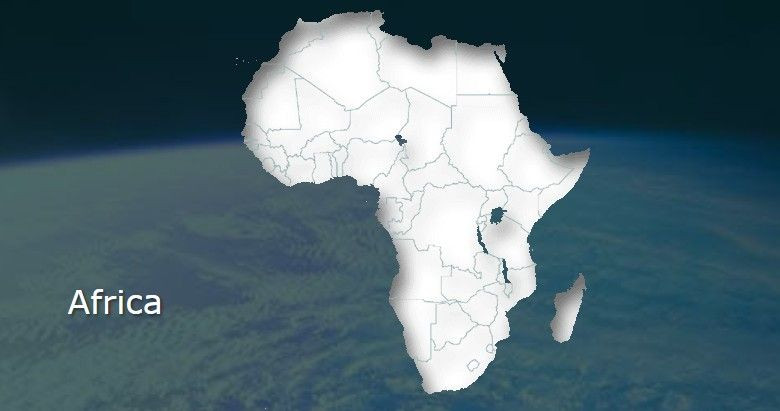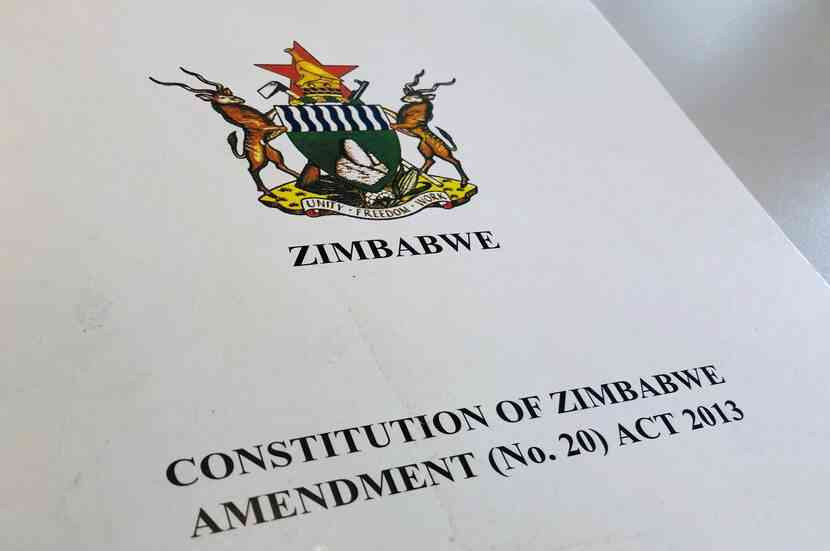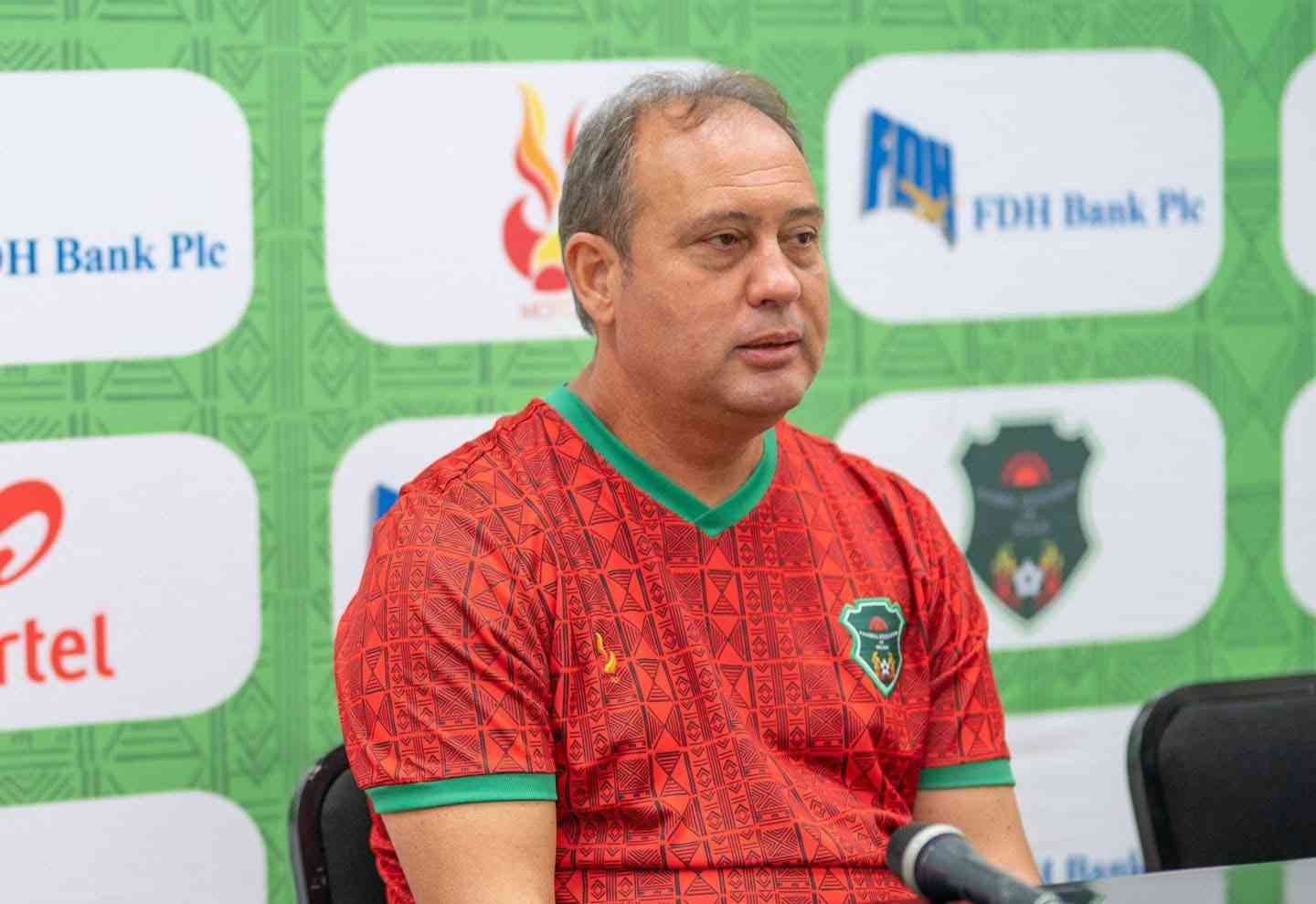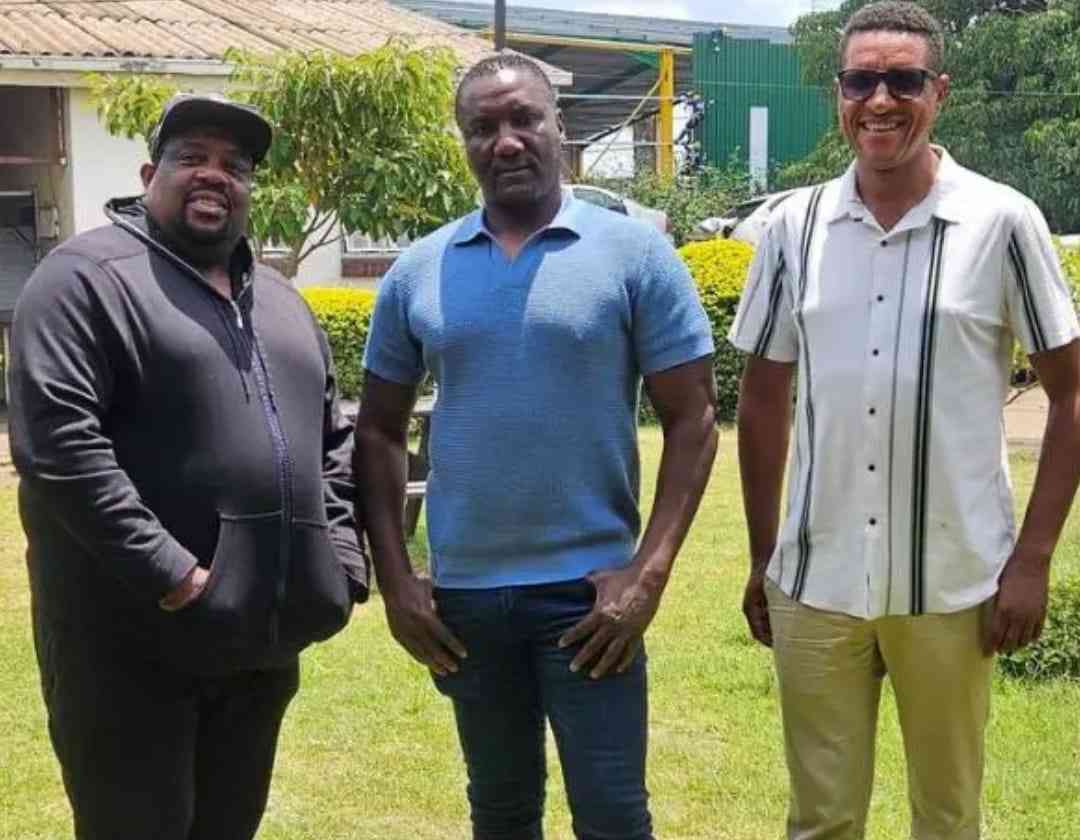
In southern Africa today, the threat to democracy is not necessarily delivered at gunpoint or through midnight raids by men in suits and dark glasses.
Increasingly, it is written in legalese. In recent years, Zimbabwe and Zambia — once held as regional anchors of political evolution and civic engagement looking into the role they played in the anti-colonialism agenda — have introduced new legislative frameworks under the guise of improving governance and security.
The result? A sharp contraction of civic space and a redefinition of what it means to be an “acceptable” civil society organisation.
Zimbabwe’s Private Voluntary Organisations (PVO) Amendment Act of 2024 and Zambia’s proposed Non-Governmental Organisations (NGO) Bill of 2025, which is on its first reading may appear administrative and technical on the surface.
But closer scrutiny reveals provisions that fundamentally alter the relationship between the state and its civic actors — shifting it from collaborative to coercive and somehow dictatorial.
This trend reflects a deeper, more entrenched regional anxiety toward foreign-funded and rights-based development work.
In Zimbabwe, mistrust of NGOs is not new. It escalated dramatically in the early 2000s under the late Robert Mugabe, during a period marked by international “sanctions”, economic collapse, and political isolation.
Laws such as the Public Order and Security Act (Posa) — later recast as the Maintenance of Peace and Order Act (MOPA) — and the infamous Access to Information and Protection of Privacy Act (Aippa) severely restricted press freedom and civil society engagement.
- Village Rhapsody: 2023 polls: Zimbabwe needs a level playing field
- Police invoke strict COVID-19 rules for MRP rally
- Police ban knobkerries to curb violence
- Police block Sikhala rally
Keep Reading
In Zambia, the initial post-independence governance under Kenneth Kaunda and later the reformist period under late president Levy Mwanawasa provided space for civil society to grow and thrive.
But this began to erode under president Edgar Lungu (2015–2021), whose government ramped up surveillance, enacted the Cyber Security and Cyber Crimes Act, and proposed amendments to tighten the NGO regulatory framework — often invoking “national security” as a justification.
While current President Hakainde Hichilema campaigned on a reform agenda, progress in protecting civic space has remained tentative, and concerns persist as he is resurrecting skeletons of yesteryear as the desired heirs of his political dynasty.
At the core of both new legislative frameworks is a redefinition of what constitutes a “regulated entity.”
In Zimbabwe, the PVO Act now extends oversight to any organisation involved, even indirectly, in development work — including trusts and community-based organisations.
Zambia’s NGO Bill similarly mandates that no NGO may operate without both a certificate of registration and a government-issued licence, even if already registered under prior law.
These dual regimes of registration and licensing introduce a bureaucratic labyrinth that disproportionately affects grassroots organisations — many of which lack the legal expertise or political capital to navigate opaque regulatory systems.
It also opens the door to arbitrary denials of legal status or delays in renewal, especially for organisations deemed “sensitive” or politically inconvenient or nuisance.
Even more concerning are the sweeping enforcement powers and sanctions embedded within the legislation.
In Zambia, inspectors are authorised to enter NGO premises, search documents, and question individuals without a warrant, under the pretext of suspected financial mismanagement.
In Zimbabwe, collecting funds without proper registration — a common practice in humanitarian emergencies — is now a criminal offence, carrying the possibility of imprisonment.
Both countries defend these laws as necessary tools to combat money laundering and terrorism financing. While financial transparency is essential, conflating anti-money laundering and countering the financing of terrorism compliance with civic regulation undermines legitimate development and advocacy work.
International donors — particularly those funding human rights, gender justice, or governance programmes — may reconsider operating in such restrictive environments like the rumored EU pullout from Zimbabwe due to the signing of the PVO Act.
This poses an existential threat to locally led development efforts and service delivery to marginalised communities.
Civil society organisations are not fringe actors. They are often the first responders in times of crisis, the advocates for invisible populations, and the custodians of democratic accountability.
Curtailing their autonomy risks dismantling decades of social investment — particularly in rural areas where government capacity is thin, and civic actors fill critical gaps.
- Musa Moyo is a communications and advocacy specialist working on civic space, governance, and development in southern Africa. He has over a decade of experience supporting civil society, media, and rights-based organisations across the region. He writes in his own capacity.











